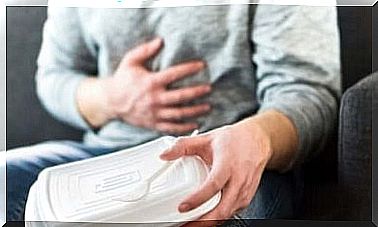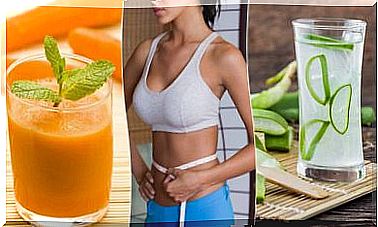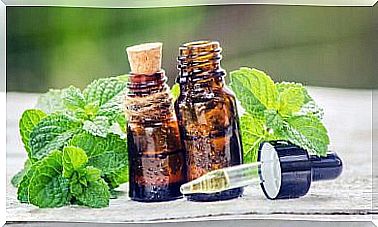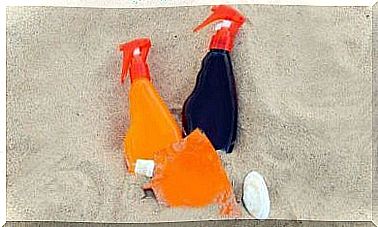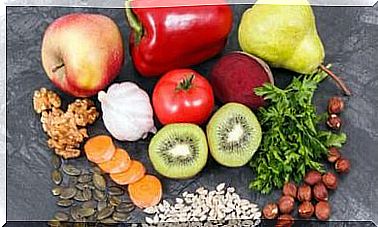10 Foods That No Food Expert Would Eat
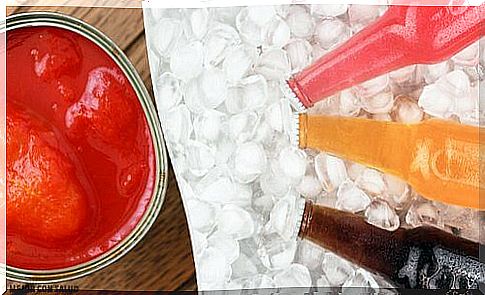
According to studies conducted at the US Centers for Disease Control, millions of people become sick from a foodborne pathogen.
Many are hospitalized and others die from illnesses contracted through the food they eat.
This is because of the way they process food, and the way food pathogens find ways to get onto our plates.
It is very difficult to trace the sources of illnesses and researchers cannot find the cause of these illnesses. Here are the foods that no food specialist would consume.
food list
1. Juices and unpasteurized milk
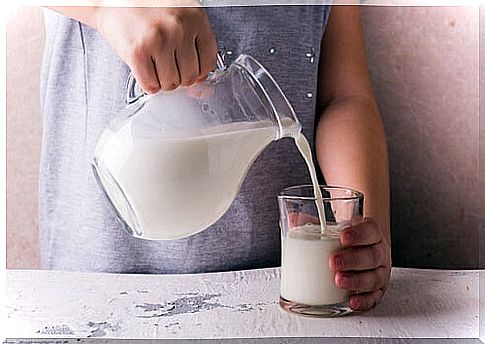
These foods can be contaminated with viruses, parasites and bacteria such as Salmonella, E coli and Listeria.
Between 1993 and 2006, about 1,500 people in the United States became ill from consuming unpasteurized milk or other foods made from them.
Raw foods are 150 times more likely to cause illness than pasteurized dairy products.
2. Canned tomatoes
Canned foods are dangerous because of the resin coating on cans.
Contains a toxic chemical (BPA) that has been linked to heart problems, diabetes and obesity. This is another food that no food expert would eat.
- To avoid this dangerous substance, it is advisable to avoid canned foods.
- In addition, it is recommended to consume fresh fruits and vegetables, especially acids such as tomatoes.
3. Sprouts or sprouts
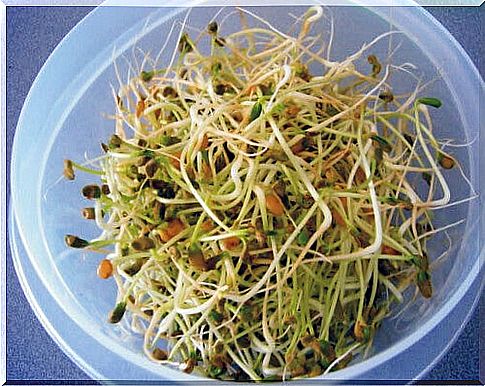
According to several nutrition experts, raw or slightly raw sprouts, such as alfalfa or soybean, may be linked to different bacterial outbreaks (mainly Salmonella and E. coli).
All types of sprouts can spread bacterial infection that originates in their seeds. However, experts indicate that if we eat them cooked, there is no such risk.
4. Sugary soft drinks
They are directly related to obesity. Many are made from tea extract or plants with added sugar.
In addition, consumption not only favors weight gain, but also increases the possibility of developing cavities. Hence it is one of the foods that no food specialist would consume.
- WHO recommends eating no more than 50 grams of sugar a day. A sugary drink usually contains 35 grams.
- Food experts reject these drinks because they have a high concentration of sugar and are associated with conditions such as the risk of cardiovascular disease or the possibility of suffering from type 2 diabetes.
5. Raw oysters and clams
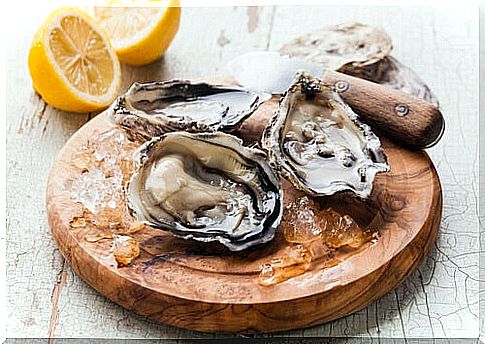
Molluscs, and in particular oysters, are the source of many poisonings.
Oysters, being filter animals, collect everything that is in the water. Thus, they absorb a lot of bacteria and, if they are in your system, they will pass into your body.
So experts indicate that it is not worth the risk.
6. Apples
Apples are grafted individually so that each variety retains its distinctive flavor. Therefore, they do not develop pest resistance and are often fumigated with pesticides.
- These pesticides and toxins are beginning to be linked to Parkinson’s disease.
- It’s better to eat organic apples.
- Otherwise, we must wash them with neutral soap and brush, or peel them for consumption.
7. Raw or semi-cooked eggs

While many nutritionists argue that the nutritional properties of eggs are enhanced by eating them raw, food experts argue that it is one of the most dangerous foods and that’s why it’s on this list of foods that no food expert would eat.
The problem with this food is that it can infect us with the Salmonella virus .
8. Potatoes that are not organic
They are treated with fungicides during the growing season and, in addition, are sprayed with herbicides to kill the fibrous vines before harvesting.
After collecting them, they are treated again to prevent them from arising.
The solution is to buy organic potatoes, as washing is not efficient enough to remove the chemicals that have been absorbed.
9. Microwave popcorn
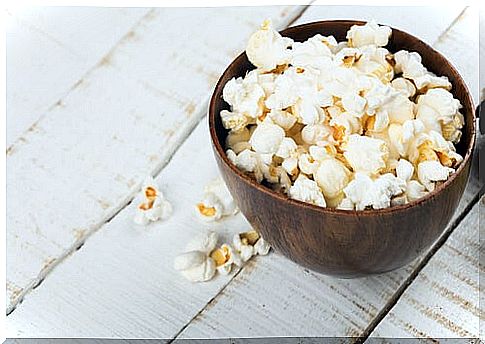
According to a study conducted at the University of California in 2009, the lining of the popcorn bag contains chemicals such as perfluorooctanoic acid (PFOA), which is linked to infertility in humans.
- Tests have been carried out and have shown that these chemicals damage the liver and can cause testicular problems and pancreatic cancer.
- The problem is that microwaves cause the chemicals to vaporize and migrate into the popcorn. These chemicals build up in the body for years.
- It can be avoided by using organic popcorn kernels and cooking them in a pan.
10. Soybean
The problem with soy is that 94% of the soy that grows in the United States is transgenic.
Glyphosate can damage DNA and chromosomes in mammals as well as human cells.
Therefore, it is not advisable to consume it unless it is in a fermented form.
